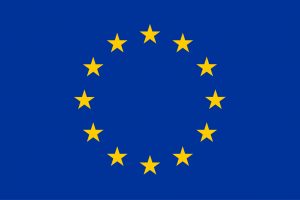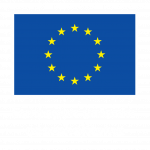

Europe urged to treat data as most valuable raw material in innovation push
Finland’s IT centre for science CSC’s tech experts call for European web index to rival Google as continent seeks to reduce reliance on US giants.

Text by Martti Asikainen, 7.10.2025 | Photo Adobe Stock Photos

Finland’s IT centre for science CSC has urged the EU to treat data as its most valuable resource. Europe must recognise data as its most critical resource for innovation and develop its own web index to compete with American tech giants, Finland’s IT Centre for Science CSC has argued in a statement released ahead of the forthcoming European Innovation Act.
The Finnish organisation has called on EU policymakers to prioritise data infrastructure and skills development in the upcoming legislation, warning that Europe risks falling further behind in the global innovation race without access to comprehensive data resources.
In its statement, CSC argues that today’s most transformative innovations emerge from combining vast amounts of data from diverse sources, making data “the most valuable raw material of innovation”. Yet European researchers and companies currently lack the infrastructure and resources to fully exploit this potential, the organisation contends.
Central to CSC’s proposals is the development of a European web index – essentially a vast library catalogue tracking all open web content. At present, only non-European tech giants possess such indices, giving them near-complete control over search engine markets and access to web data.
“Having Europe develop its own web index would make European innovators more competitive and less reliant on non-European actors,” the statement notes, pointing to work already undertaken by the Open Web Search project as a foundation.
Digital sovereignty concerns
The call comes as the European Commission prepares its Innovation Act, designed to boost the continent’s competitiveness in emerging technologies. The legislation aims to address longstanding concerns about Europe’s ability to translate scientific excellence into commercial success.
CSC argues the Act must be closely aligned with existing EU data initiatives, including sectoral data spaces such as the European Open Science Cloud, and the upcoming EuroHPC AI Factory Data Labs. The latter are intended to provide researchers and companies with computing power, data access, talent and training in a single platform.
“The governance of a federated European data infrastructure must be designed so that it fosters European ownership of data,” the statement emphasises, particularly regarding sensitive data used in fields such as health research.
Talent and skills development
The Finnish organisation also highlights the role of world-class research infrastructure in attracting and retaining talent – identified as a key weakness in European innovation.
“The most talented people usually want to use the most advanced tools, so state-of-the-art infrastructures play a key role in talent attraction,” it argues.
The statement calls for the Innovation Act to be linked to EU skills policies, including planned academies and joint study programmes in AI and data. However, it stresses that new technologies must be incorporated across all fields and levels of education, not confined to technical disciplines.
The proposals reflect growing European concern about digital sovereignty and dependence on American and Chinese technology platforms. While the EU has led globally in tech regulation through legislation such as the Digital Markets Act and AI Act, critics argue it has been less successful in fostering home-grown innovation to rival Silicon Valley.
The European Commission has yet to publish detailed proposals for the Innovation Act, though it is expected to address access to research infrastructure, talent development and cross-border collaboration. How far it will embrace calls for Europe to build its own foundational data infrastructure remains to be seen.


Finnish AI Region
2022-2025.
Media contacts